Filter by
SubjectRequired
LanguageRequired
The language used throughout the course, in both instruction and assessments.
Learning ProductRequired
LevelRequired
DurationRequired
SkillsRequired
SubtitlesRequired
EducatorRequired
Explore the PySpark Course Catalog
 Status: NewStatus: Free Trial
Status: NewStatus: Free TrialSkills you'll gain: PySpark, Apache Spark, MySQL, Data Pipelines, Scala Programming, Extract, Transform, Load, Customer Analysis, Apache Hadoop, Classification And Regression Tree (CART), Predictive Modeling, Applied Machine Learning, Data Processing, Advanced Analytics, Big Data, Apache Maven, Statistical Machine Learning, Unsupervised Learning, SQL, Apache, Python Programming
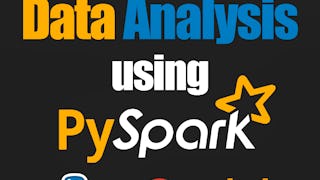
Coursera Project Network
Skills you'll gain: PySpark, Matplotlib, Apache Spark, Big Data, Data Processing, Distributed Computing, Data Management, Data Visualization, Data Analysis, Data Manipulation, Data Cleansing, Query Languages, Python Programming
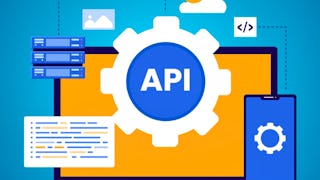 Status: Preview
Status: PreviewEdureka
Skills you'll gain: PySpark, Apache Spark, Data Management, Distributed Computing, Apache Hadoop, Data Processing, Data Analysis, Exploratory Data Analysis, Python Programming, Scalability
 Status: NewStatus: Free Trial
Status: NewStatus: Free TrialSkills you'll gain: PySpark, Apache Spark, Customer Analysis, Big Data, Data Processing, Advanced Analytics, Statistical Modeling, Text Mining, Customer Insights, Data Mining, Data Transformation, Unstructured Data, Predictive Modeling, Simulation and Simulation Software, Data Manipulation, Marketing Analytics, Image Analysis, Risk Analysis
 Status: NewStatus: Free Trial
Status: NewStatus: Free TrialSkills you'll gain: PySpark, Apache Hadoop, Apache Spark, Big Data, Apache Hive, Data Lakes, Analytics, Data Pipelines, Data Processing, Data Import/Export, Data Integration, Linux Commands, Data Mapping, Linux, File Systems, Text Mining, Data Management, Distributed Computing, Java, C++ (Programming Language)
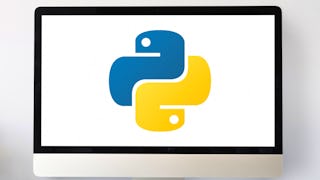 Status: Free Trial
Status: Free TrialSkills you'll gain: Data Import/Export, Programming Principles, Web Scraping, Python Programming, Jupyter, Data Structures, Data Processing, Pandas (Python Package), Data Manipulation, JSON, Computer Programming, Restful API, NumPy, Object Oriented Programming (OOP), Scripting, Application Programming Interface (API), Automation, Data Analysis
What brings you to Coursera today?
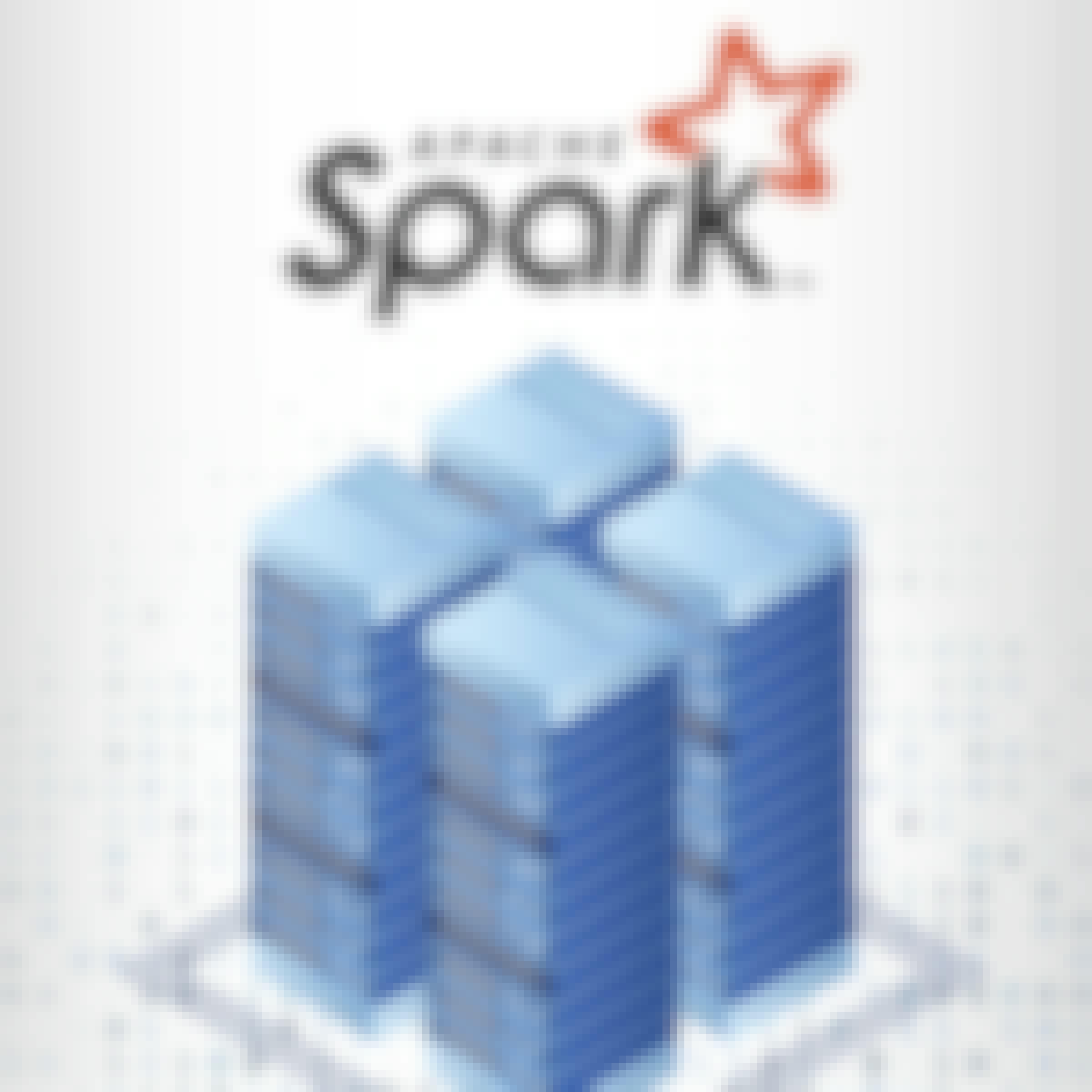 Status: Free Trial
Status: Free TrialSkills you'll gain: Apache Hadoop, Apache Spark, PySpark, Apache Hive, Big Data, IBM Cloud, Kubernetes, Docker (Software), Scalability, Data Processing, Distributed Computing, Performance Tuning, Data Transformation, Debugging
 Status: Free Trial
Status: Free TrialEdureka
Skills you'll gain: PySpark, Data Pipelines, Data Processing, Data Visualization, Natural Language Processing, Data Analysis Expressions (DAX), Data Integration, Data Transformation, Machine Learning, Data Cleansing, Text Mining, Deep Learning
 Status: Free Trial
Status: Free TrialSkills you'll gain: NoSQL, Apache Hadoop, Apache Spark, MongoDB, PySpark, Apache Hive, Databases, Apache Cassandra, Big Data, Machine Learning, Generative AI, IBM Cloud, Applied Machine Learning, Kubernetes, Supervised Learning, Distributed Computing, Docker (Software), Database Management, Data Pipelines, Scalability
 Status: NewStatus: Free Trial
Status: NewStatus: Free TrialSkills you'll gain: PySpark, MySQL, Data Pipelines, Apache Spark, Data Processing, SQL, Data Transformation, Data Manipulation, Distributed Computing, Programming Principles, Python Programming, Debugging
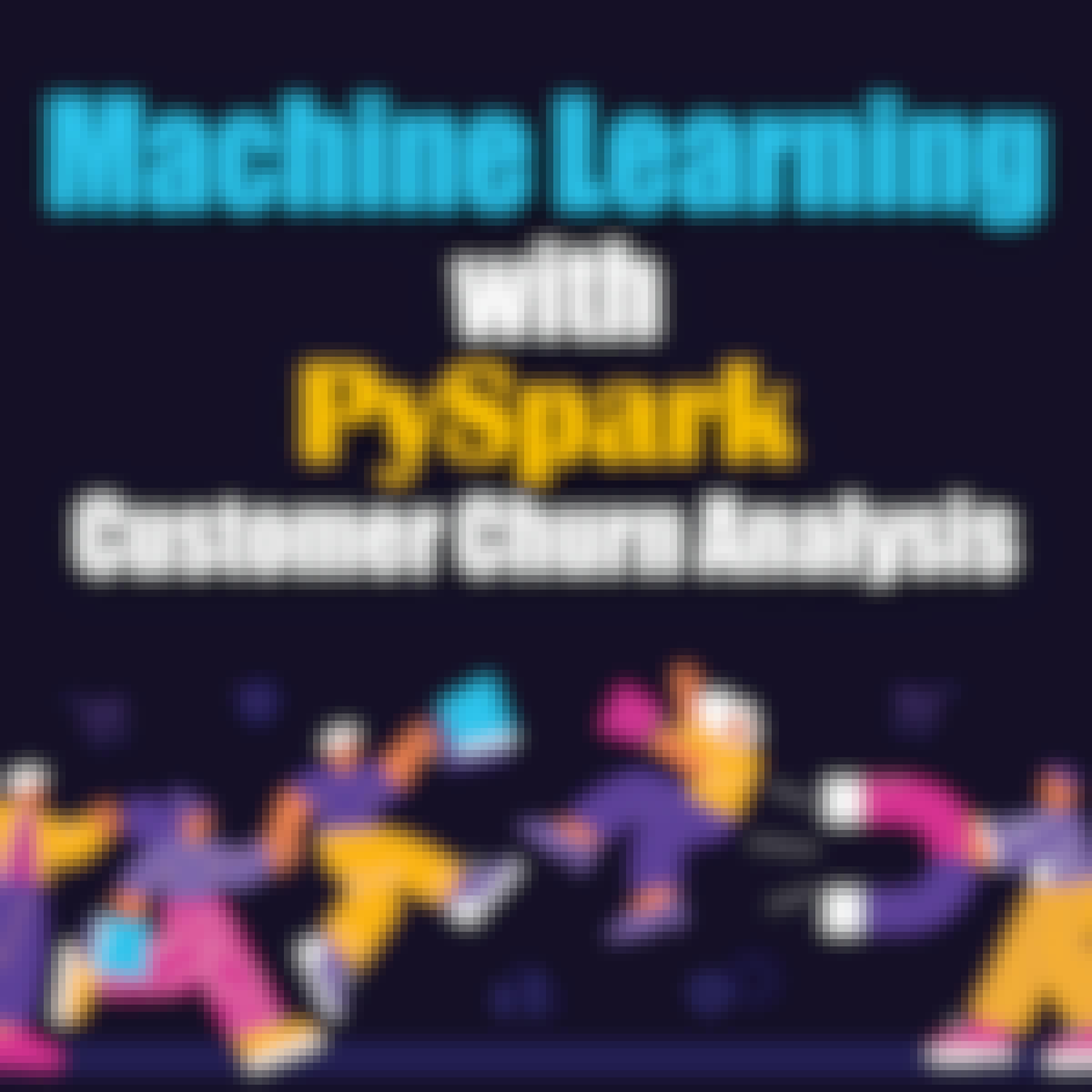
Coursera Project Network
Skills you'll gain: Exploratory Data Analysis, Feature Engineering, Data Analysis, PySpark, Data Processing, Data Cleansing, Data Transformation, Apache Spark, Data-Driven Decision-Making, Decision Tree Learning, Predictive Modeling, Predictive Analytics, Applied Machine Learning, Application Deployment, Machine Learning
 Status: Free Trial
Status: Free TrialDuke University
Skills you'll gain: PySpark, Snowflake Schema, Databricks, Data Pipelines, Apache Spark, MLOps (Machine Learning Operations), Apache Hadoop, Big Data, Data Warehousing, Data Quality, Data Integration, Data Processing, DevOps, Data Transformation, SQL, Python Programming
In summary, here are 10 of our most popular pyspark courses
- Spark and Python for Big Data with PySpark: EDUCBA
- Data Analysis Using Pyspark: Coursera Project Network
- Introduction to PySpark: Edureka
- PySpark: Apply & Analyze Advanced Data Processing: EDUCBA
- Hadoop and Spark Fundamentals: Pearson
- Python for Data Science, AI & Development: IBM
- Introduction to Big Data with Spark and Hadoop: IBM
- PySpark for Data Science: Edureka
- NoSQL, Big Data, and Spark Foundations: IBM
- PySpark & Python: Hands-On Guide to Data Processing: EDUCBA










